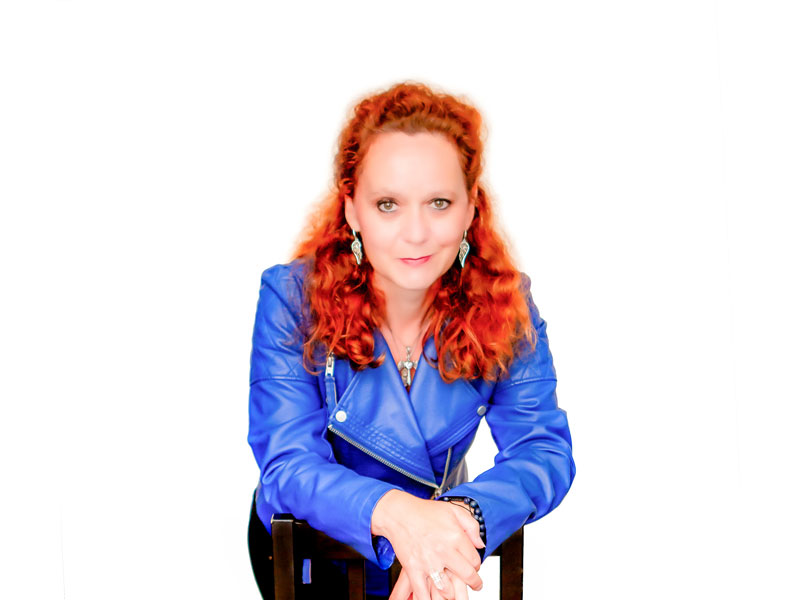Education is a multi-faceted field and in many ways today’s world is facing the question of “where are we leading our children?” – not just in the education arena and yet, that is where it all begins and end.
The roots of this word, educare (Latin) means to “nourish,” educeremeans to “lead forth” or to “draw out” and educo means “to lead”. All those are the etymological roots of the word education. Thus, we could deduct that these are the base values of education. Is that the case though?
When we look at education today, and I can observe from the standpoint of a historian, a college professor, a mentor, and a mom with a daughter who has been in different school systems including constant home education, is that what education does? Does education draw out their inner knowledge? Does education nourish them? Where does education lead our children?
In the words of my daughter some of the educational systems she has been in leads children to become robots. In other educational system they are invited to share their ideas (draw out, I suppose) and think. Which happens where and what is best – or where are we leading our children today?
When we then also look at the history of education and different countries we can identify variations of its purpose. The purpose shifts from focus on self-reliance to helping a society continue the way it is to the idea of including body, mind, and soul.
Socrates is, of course, often looked at as the “Father of critical thinking” clearly drawing out and nourishing the ability to think, use logic, and even include one’s values while being able to make a sound and solid argument.
Then there is the approach of modern education, with John Dewey often identified as it’s father and establishing more soundly the link to “socialcontinuity.” That is a broad definition I suppose and open to lots of interpretations, which we witness across the US and across the globe. The narrow definition returns us to the idea of the child as a gem, a jewel that has innate knowledge, talents, and gifts that we can bring out, nourish and help develop further. Well-known philosophers and educators, Jean-Jacques Rousseau and Friedrich Fröbel come to mind here and with that we are back at the beginning.
What do we mean with education and what are our goals?
- Are we aiming to lead our children somewhere? If so: where?
- Are we aiming to draw out what our children already have? If so: what may that be and how do we do that?
- Are we aiming to make sure our children continue our society the way it is right now? If so: how do we do that and why?
All these questions and many more are daily conversations in my head and in that of many parents, teachers, and thinkers across the globe. These questions seem to have intensified over the past few years as we see a growing movement of “home-schooling” in the US, in particular, and new private schools that create different systems popping up in the US and in other places. Clearly the debate is on-going and includes all facets of society in one way or another and often includes a direct link to morals – beliefs and values of a person and/or a society. This is why there are differences, I believe. What is your highest value when it comes to your children and what is your purpose as a parent or a teacher or a public official in charge of education? These are highly sensitive questions and if we don’t approach them with an open mind and respectfully we are going to continue spinning our wheels while our children are left… somewhere in between, often to their own devices.
Let’s be honest, there are many ideas right now to narrow education further. If we do that – what exactly does that mean? If we prevent certain books, certain paintings, thus: certain ideas from beingdiscussed – are we leading our children? Are we providing a well-rounded education or are we limiting them? The answer seems quite clear, doesn’t it? Think about Plato’s cave example: if you never leave the cave: do you see the sun, the moon, the stars – the world outside? So those who limit exposure are – by this logic – staying in the cave. They believe what their tribe ((family, friends, society) is believing, hear only those stories and are not aware of anything else. When they are suddenly confronted with something different: what is their reaction?
As in the parable and in history to be seen: fear and anger. This fear and anger can then lead to dangerous situations, especially because these children have not learned how to think about others – outsiders – and listen openly to other experiences.
I recall some people admitting that they had never seen a person from another ethnic group, for example, and many were scared in one way or another. Their actions while scared differed widely depending on their education. (I use education here in the sense of all they have been exposed to in school, outside of school, etc.). Those who had been limited were often angry and aggressive because they could not understand what they were seeing. Others accepted this experience and started asking questions to further educate themselves.
This example shows that education is at the heart of everything. Education is the base from which we as humans do anything. Thus, what do we want the world to look like in the future? What do we desire for the future generations? Limits or limitlessness?
It is on us to decide and then live with the consequences, which we already have seen in history and are seeing again. Limits often lead to aggression, depression, and frustration. Where are we leading out children today?
©Natalie Forest, Ph.D. August 2022

















